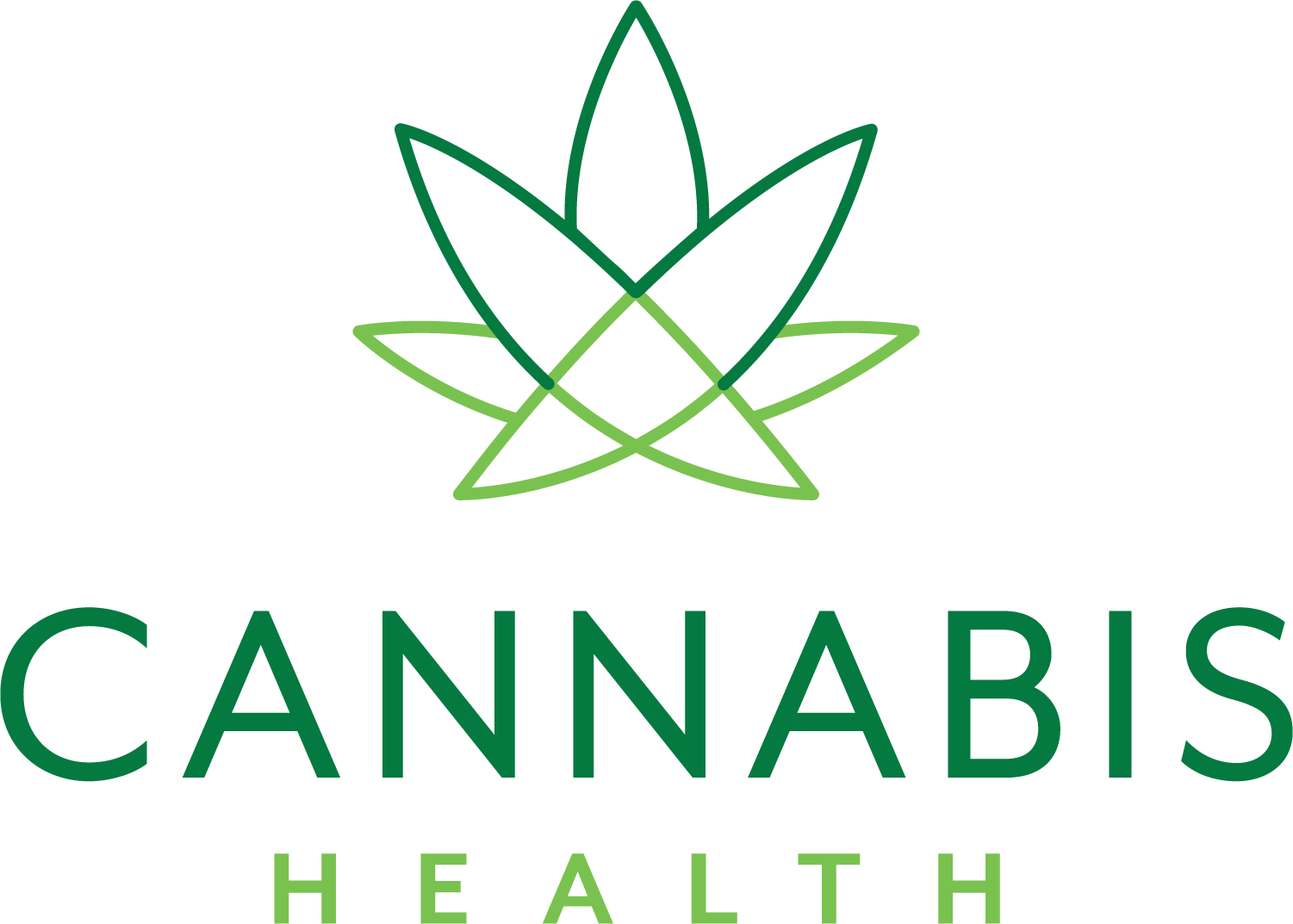Intro
In recent years, the dialogue around Post-Traumatic Stress Disorder (PTSD) and its management has broadened, paving the way for alternative treatments that offer solace and healing. One such emerging alternative is the use of medical cannabis, a subject that has garnered attention from both the medical community and individuals seeking relief. Medical Cannabis Dispensaries are becoming more available nationwide, Understanding how this plant-based remedy may aid in the battle against PTSD symptoms. This exploration is not just about highlighting benefits but also about providing a comprehensive understanding rooted in science and empathy.
Understanding PTSD and Its Complexities
Post-Traumatic Stress Disorder, or PTSD, presents a formidable challenge not just to those it directly affects, but also to the medical and scientific communities seeks to understand and treat this condition. This disorder emerges in the aftermath of experiencing or witnessing traumatic events, such as combat, natural disasters, serious accidents, or personal assaults. Its hallmark is not merely the persistence of distress long after the traumatic event has passed, but the profound way it infiltrates every aspect of life.
The complexity of PTSD is rooted in its diverse symptomatology and the deeply personal way it impacts individuals. Symptoms range widely, from haunting flashbacks, nightmares, and severe anxiety to an exaggerated startle response and avoidance of anything that might recall the trauma. This variance underscores the challenge in devising an effective treatment modality.
PTSD affects both psychological and physiological aspects. The disorder’s impact is not just on the mind’s narrative but also on the body’s physical response to perceived threats complicating the pathway to healing. It’s a condition that demands an approach acknowledging the multifaceted nature of human experience – one that respects the depth of the trauma and the uniqueness of each individual’s journey.
Understanding PTSD is essential, not just for those experiencing it but for healthcare professionals and supporters striving to provide empathy-filled, effective care. It lays the groundwork for exploring how treatments, including emerging ones like medical cannabis, may be tailored to meet the needs of those living with PTSD, illuminating a path to address this deeply complex disorder.
The Role of the Endocannabinoid System in PTSD
The endocannabinoid system (ECS), a sophisticated network within the body, that is instrumental in maintaining balance across a variety of functions, including emotional responses and stress regulation. Its significance becomes pronounced in the context of PTSD, where disruptions to this balance can exacerbate symptoms. Emerging research posits that an imbalance in the ECS might be the underlying cause of the persistent and challenging symptoms seen in PTSD, including heightened fear responses and difficulties with memory.
Phytocannabinoids, which are naturally occurring compounds in the cannabis plant, bear a striking resemblance to the endogenous cannabinoids in our bodies. This similarity allows them to interact with the ECS in ways that can restore equilibrium or mitigate dysregulation. For individuals grappling with PTSD this interaction offers a glimmer of hope. The potential for cannabinoids to modulate the ECS and address core PTSD symptoms—may reduce the overwhelming nature of fear memories, aiding in emotional regulation, and promoting resilience against stress—marks a significant area of interest.
ECS and its relationship with cannabinoids is not just a scientific curiosity but a beacon for personalized treatment strategies, and illuminates the intricacies of how medical cannabis might offer relief where other treatments have fallen short. As we delve deeper into the ECS’s role in PTSD, we uncover more than just the biochemical underpinnings; we uncover a pathway that respects the complexity of the disorder and the individuals it affects opening avenues for research and treatment that are as compassionate as they are informed.
Potential Symptom Relief Through Medical Cannabis
Evolving dialogue around medical cannabis and its role in managing PTSD symptoms is underpinned by promising yet early research into cannabinoid therapy. Particularly, compounds such as THC and CBD have shown potential in modulating the facets of PTSD that tether individuals to their traumatic experiences. These cannabinoids have been observed to play a role in regulating mechanisms of fear and anxiety which lie at the heart of PTSD, offering a semblance of relief.
Patients who have integrated medical cannabis into their treatment regimens often report a notable decrease in the occurrence and severity of nightmares—a symptom that frequently plagues those with PTSD, disrupting sleep and contributing to the cycle of stress and anxiety. Beyond impacting nightmares, there’s an emerging consensus on cannabis’s ability to foster more restful sleep patterns and may reduce overall stress levels. This can be particularly beneficial for individuals whose PTSD symptoms are tightly wound around disturbances in sleep and heightened states of anxiety.
Medical Cannabis vs. Traditional Therapies
Exploring the landscape of PTSD treatment necessitates a nuanced understanding of both the novel and the traditional. Medical cannabis emerges as a compelling alternative, distinct from conventional avenues that predominantly lean on psychotherapy and a suite of pharmacotherapies. The mainstream arsenal, often comprising SSRIs and SNRIs, while beneficial to a segment of the population, doesn’t uniformly address the needs of all patients grappling with PTSD. Traditional medications, for some, are marred by undesirable side effects and an efficacy spectrum that does not envelop every individual’s experience of PTSD.
Enter medical cannabis, with its unique interaction within the body’s endocannabinoid system, proposing a different narrative. Its potential lies not just in a divergent mechanism of action, but in its presentation of side effects, which may prove more palatable or manageable for certain patients. The dialogue between cannabis and traditional treatments isn’t framed as a contest but as a spectrum of choices, each with its place depending on the individual’s specific needs, experiences, and responses to treatment.
This comparison underscores the imperative for continued research. The richness of our understanding of medical cannabis, its efficacy, safety, and how it stands in relief or in complement to traditional therapies, is still burgeoning. Engaging with this exploration requires a discerning eye, one that acknowledges the promise of cannabis within a therapeutic context while remaining attuned to the evidence as it unfolds, guiding us towards informed, compassionate care for those living with PTSD.
Navigating the Use of Medical Cannabis for PTSD
Embarking on the path of medical cannabis for PTSD treatment demands a thoughtful and informed approach. The relationship between patient and healthcare provider is central to this journey, where open discussions about the potential benefits and considerations of medical cannabis are paramount. Selecting a healthcare professional with expertise in both PTSD and the nuances of medical cannabis ensures a tailored approach that aligns with individual needs and circumstances.
The key to this process is the meticulous calibration of dosage and the selection of specific strains that best suit the individual’s symptoms and treatment goals. A strategy of beginning with lower doses and gradually adjusting is crucial allowing the body to adapt and respond without undue stress. This methodical approach not only safeguards well-being but may hone in on the most effective regimen for symptom management.
This journey, though personal and unique to each individual, does not occur in isolation. It is a collaborative endeavor, supported by the knowledge and experience of medical professionals, and informed by ongoing research and patient experiences. As one navigates the use of medical cannabis for PTSD, the emphasis remains on careful consideration, informed decision-making, and the pursuit of a treatment path that offers hope and healing.
These products have not been evaluated by the Food and Drug Administration (FDA) and are not intended to diagnose, treat, cure, or prevent any disease. For informational and educational purposes only. South Dakota License Number: 22ESTC8512.


